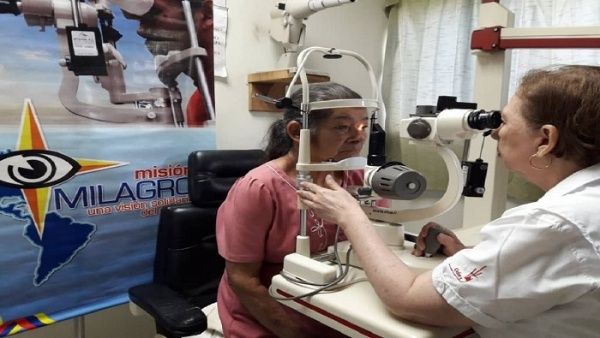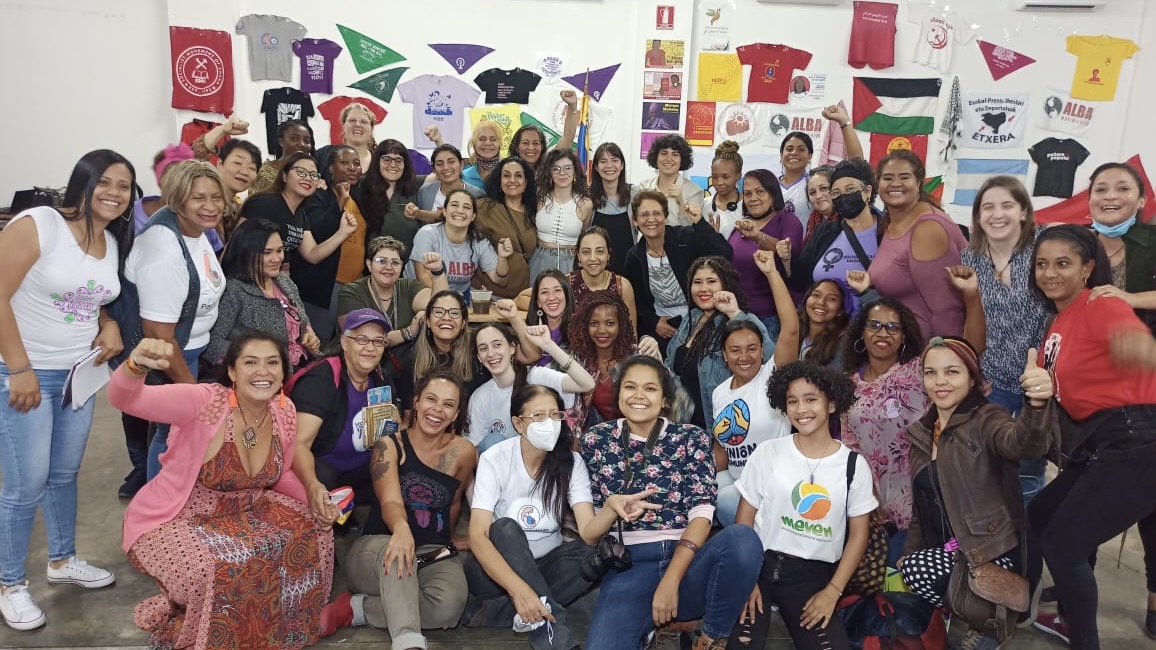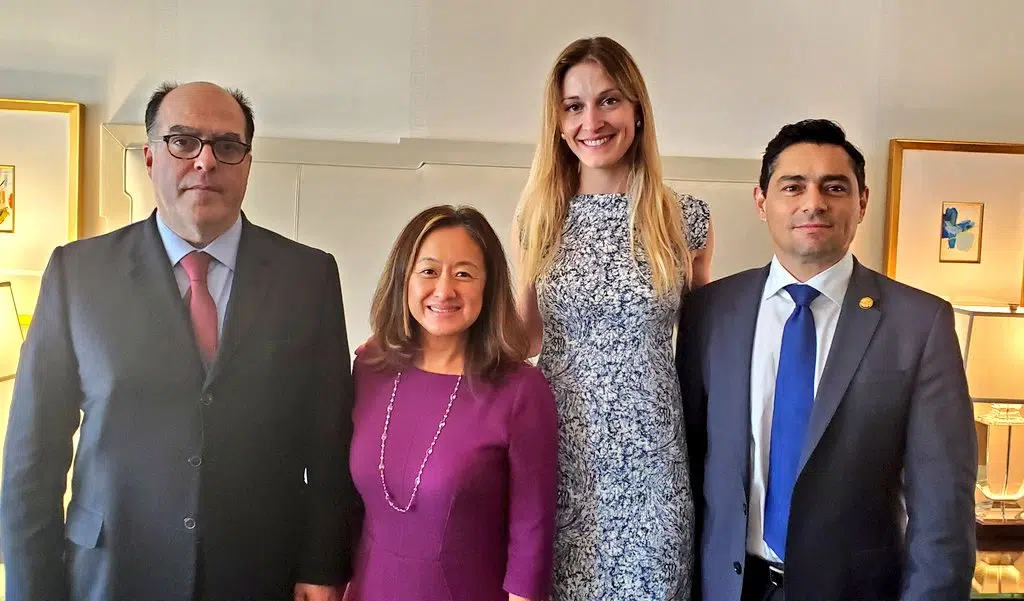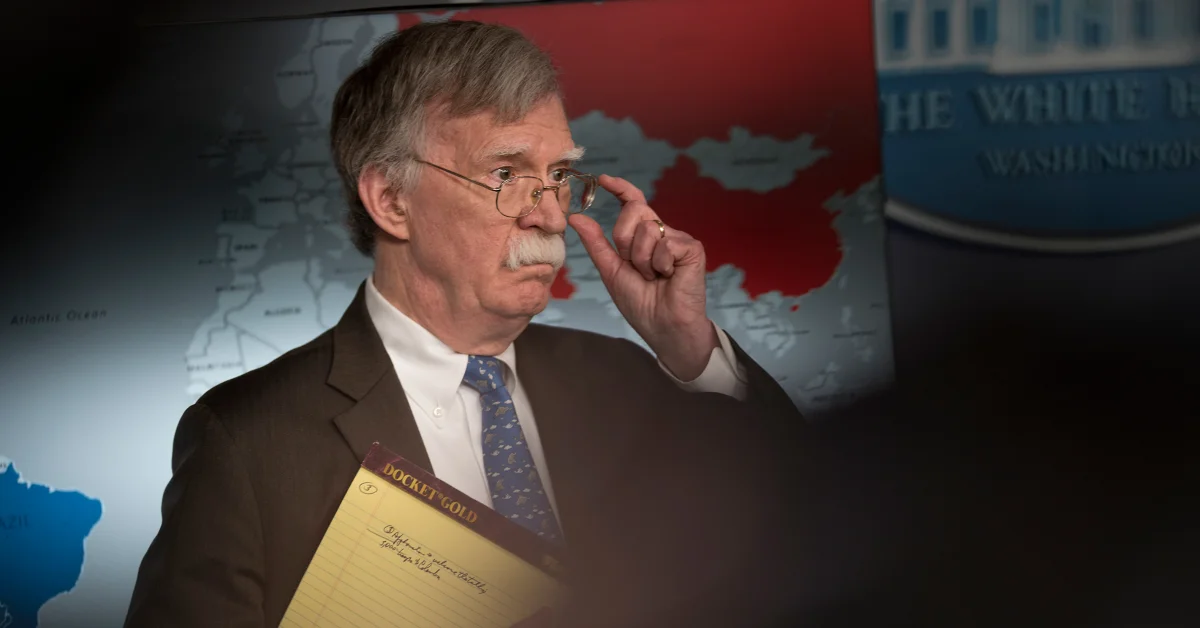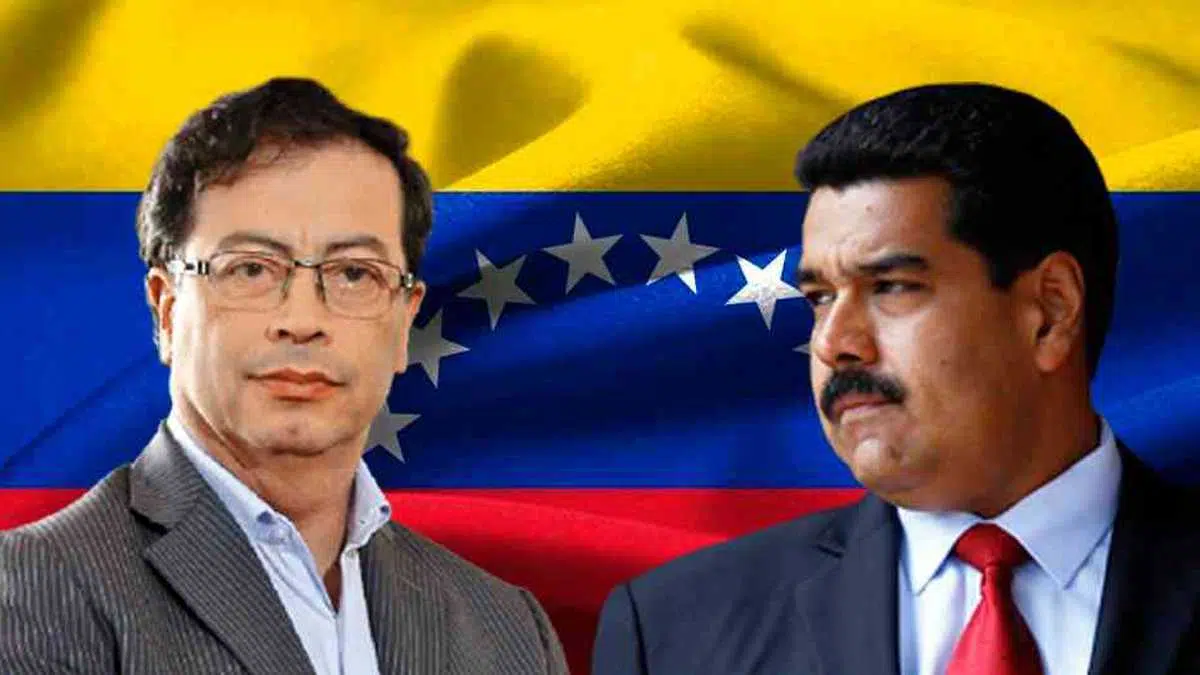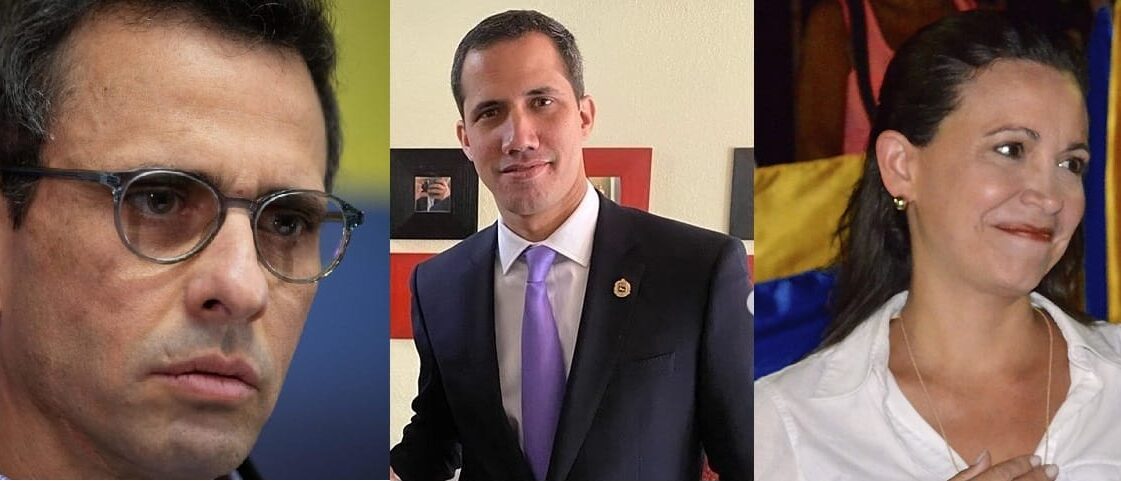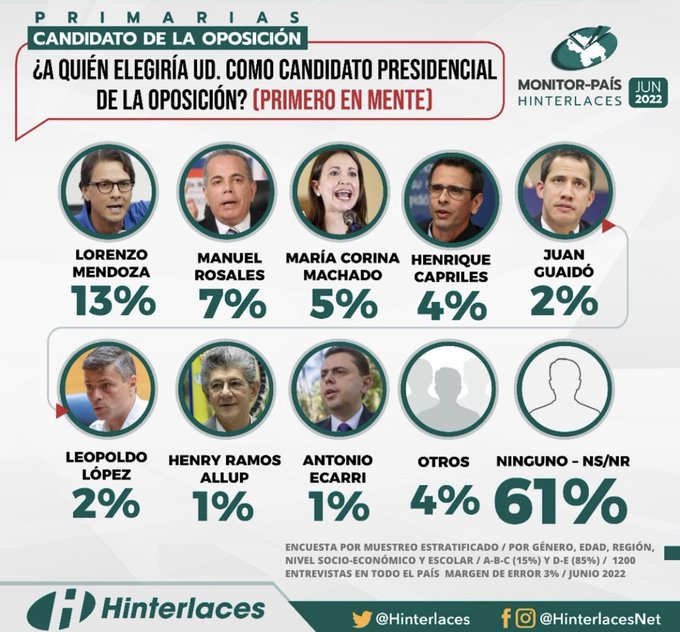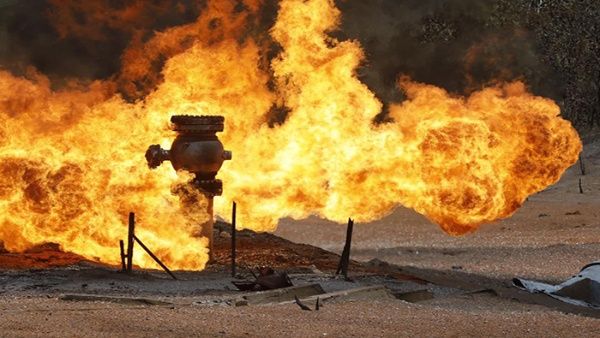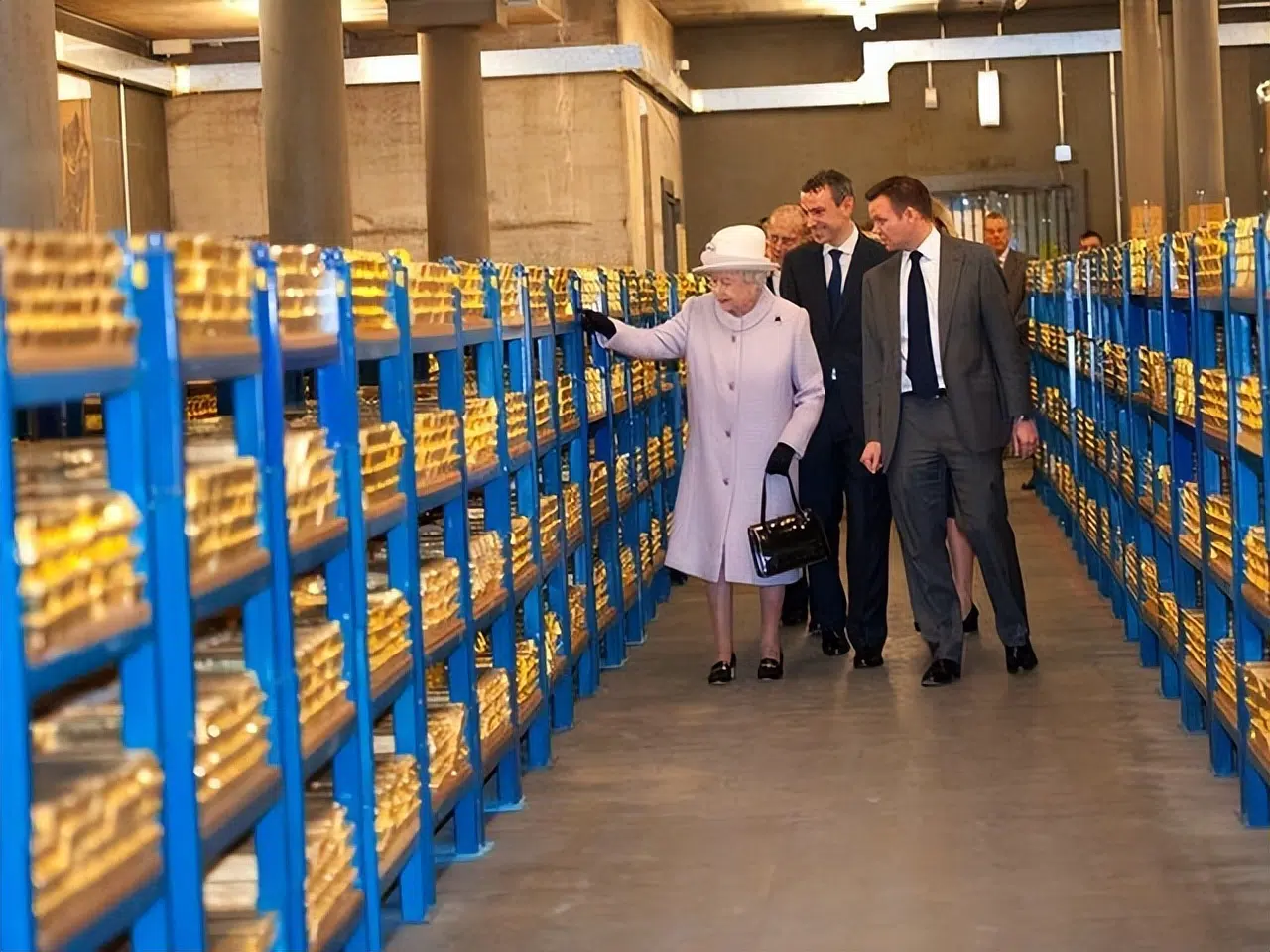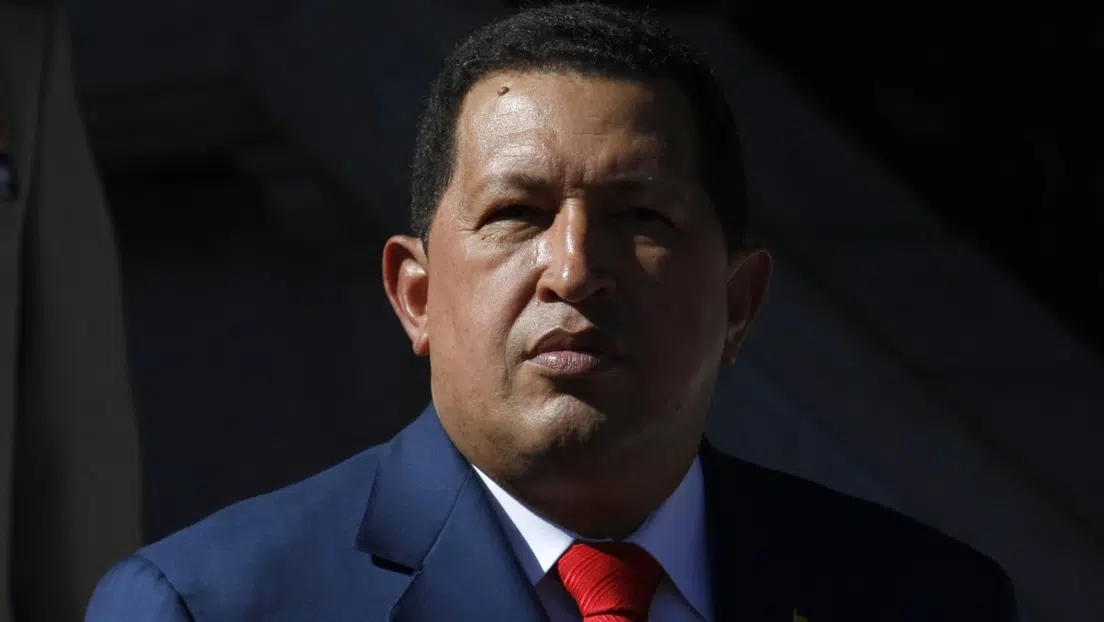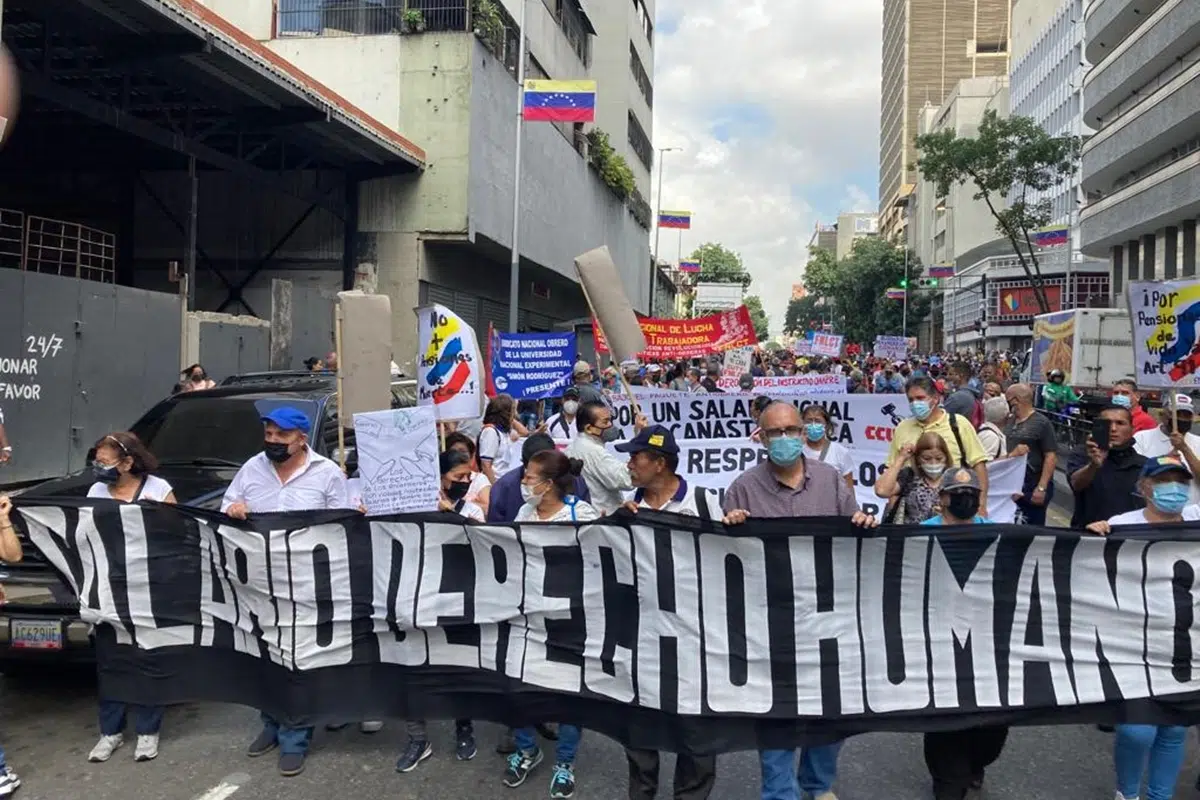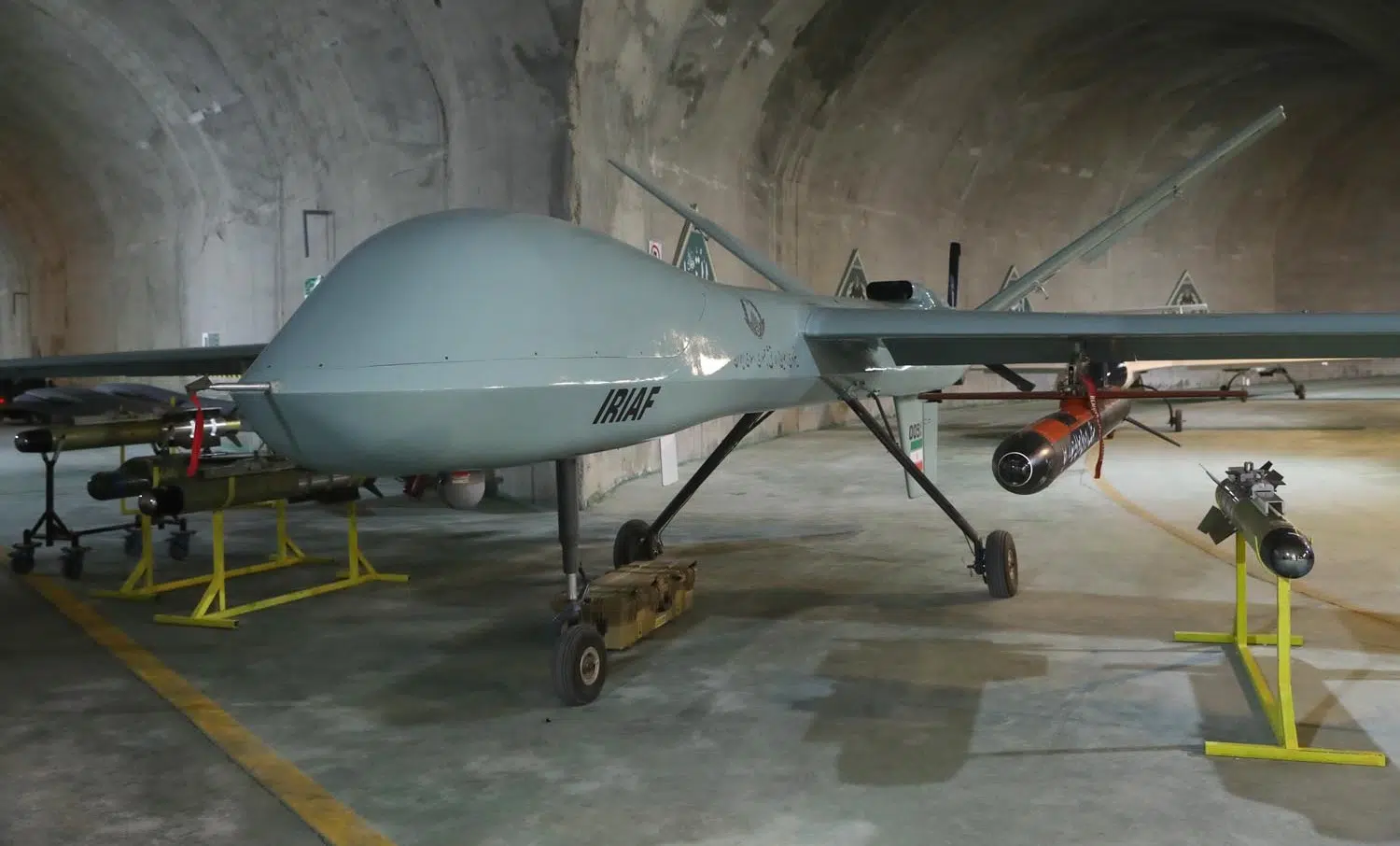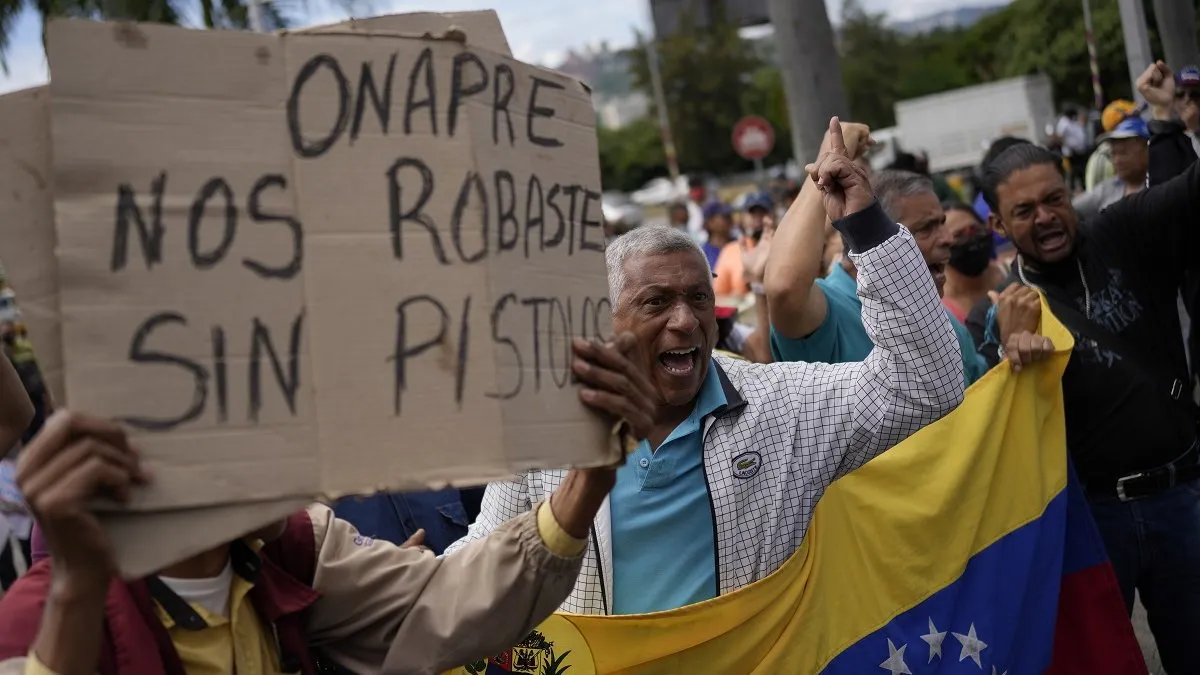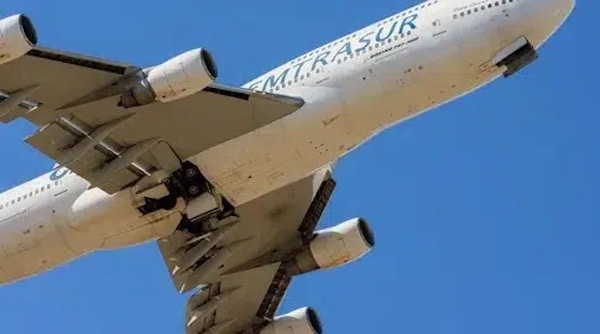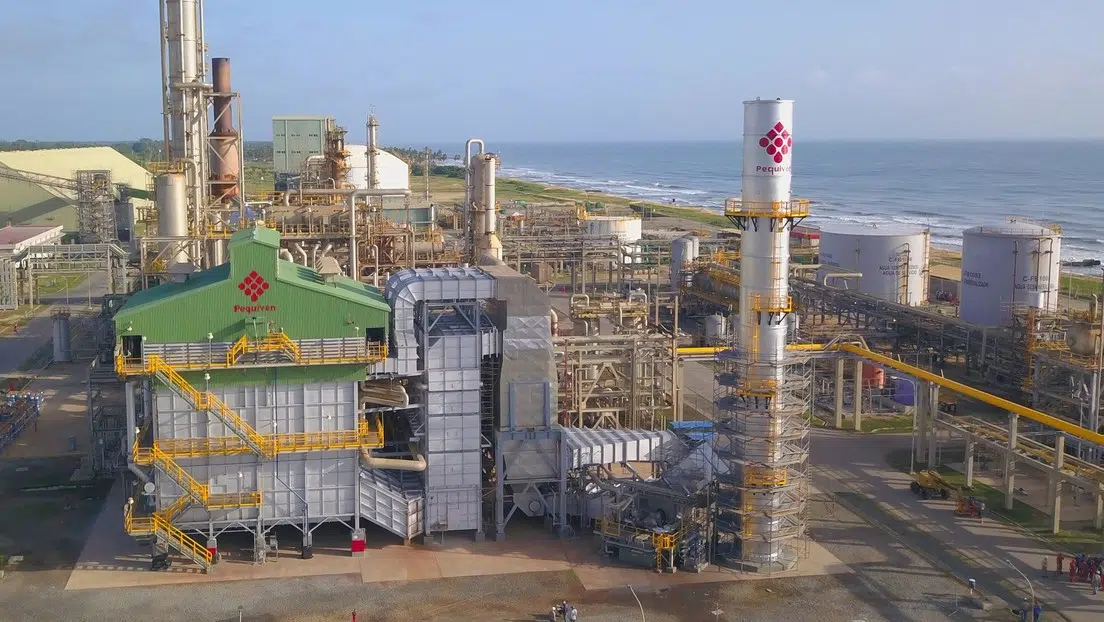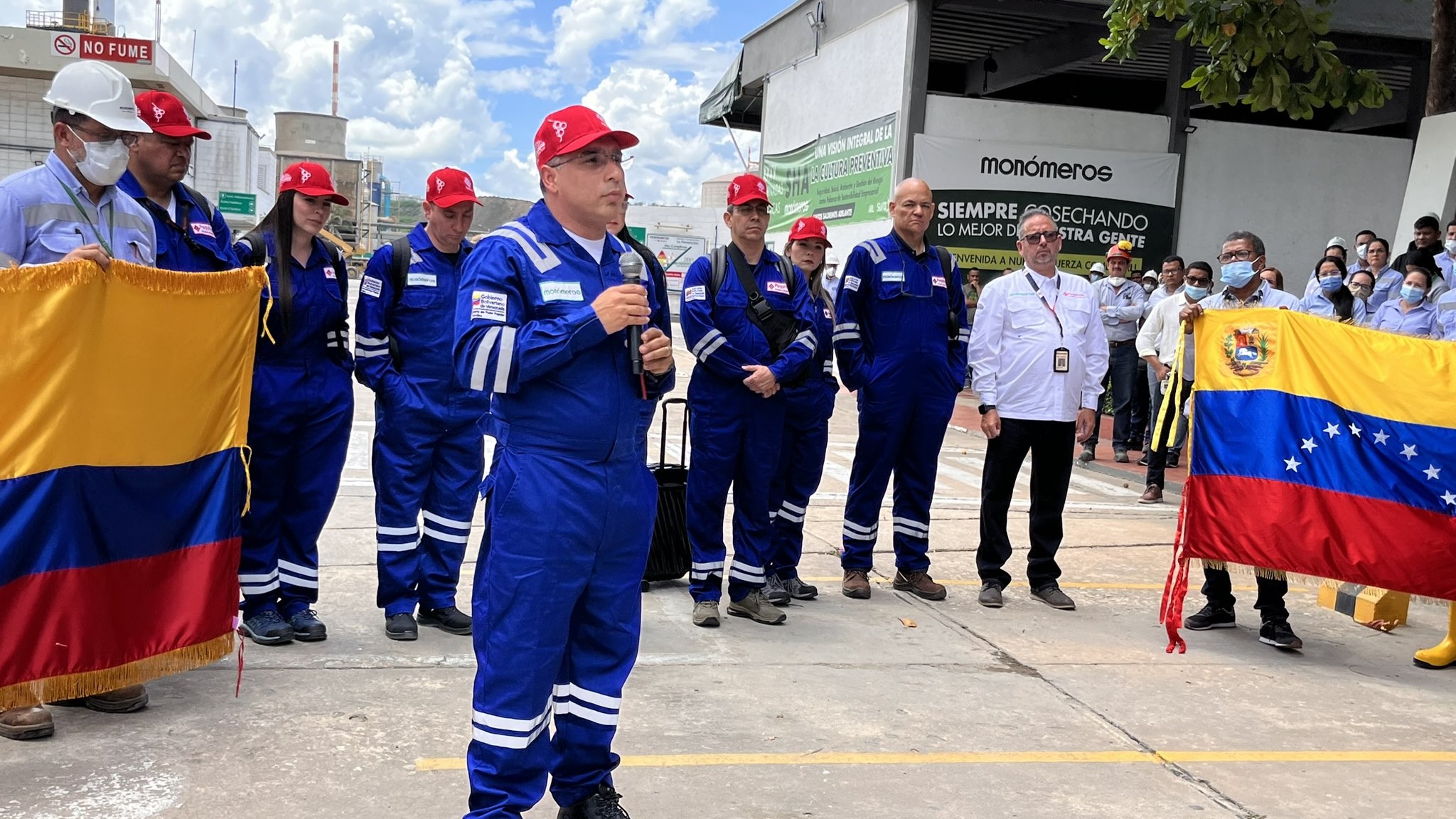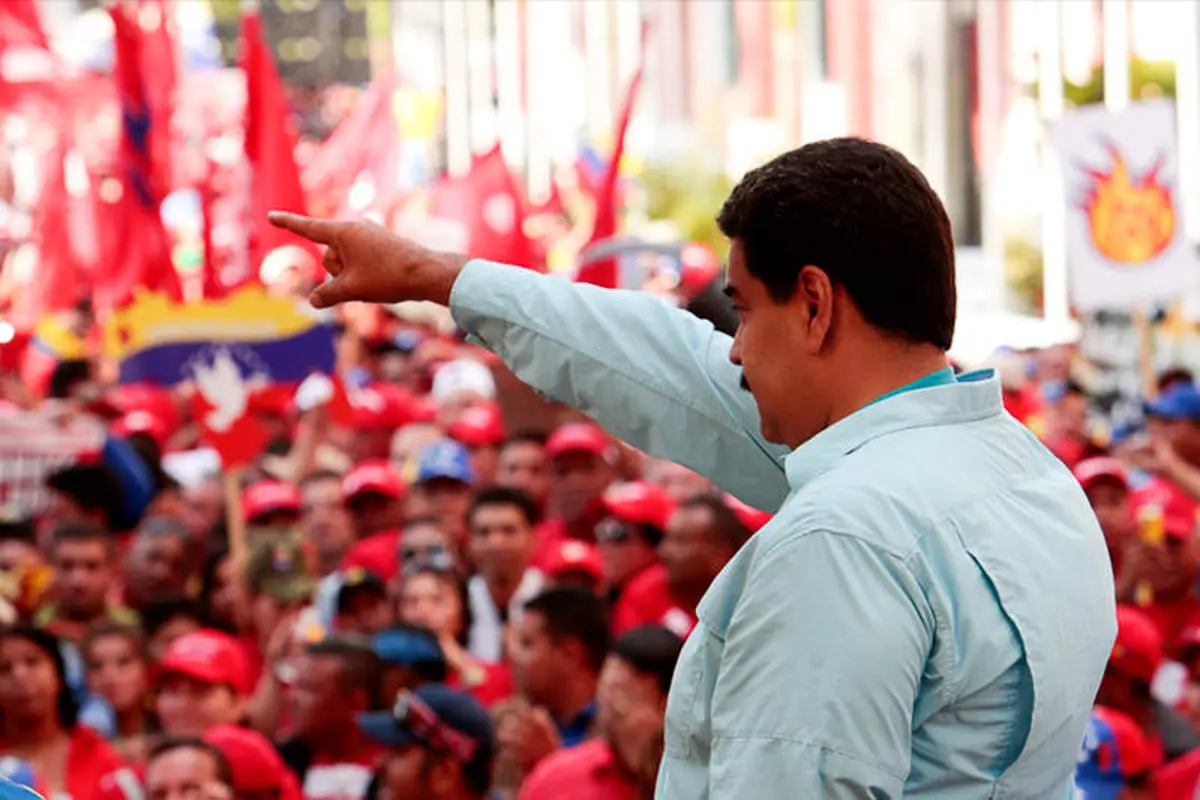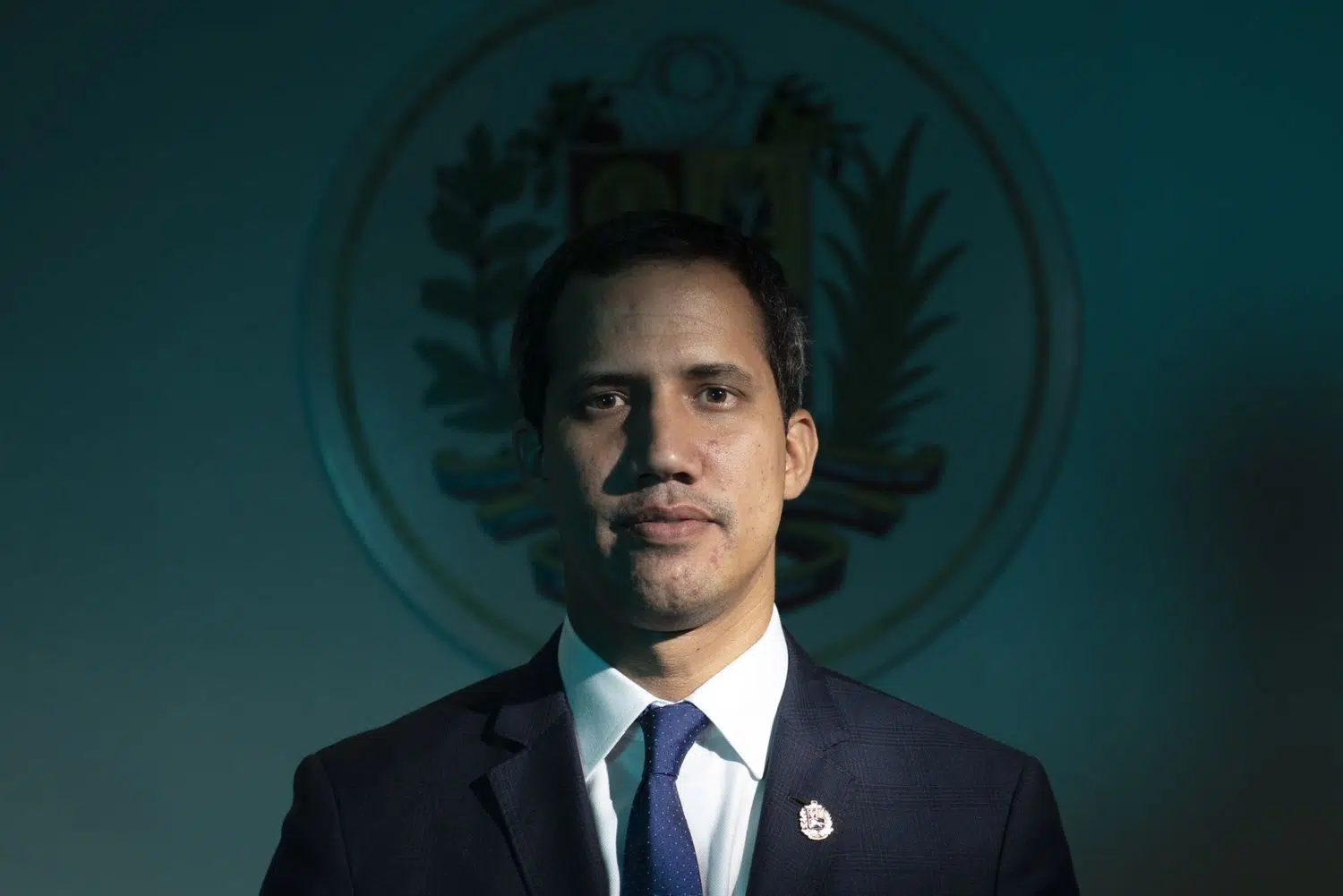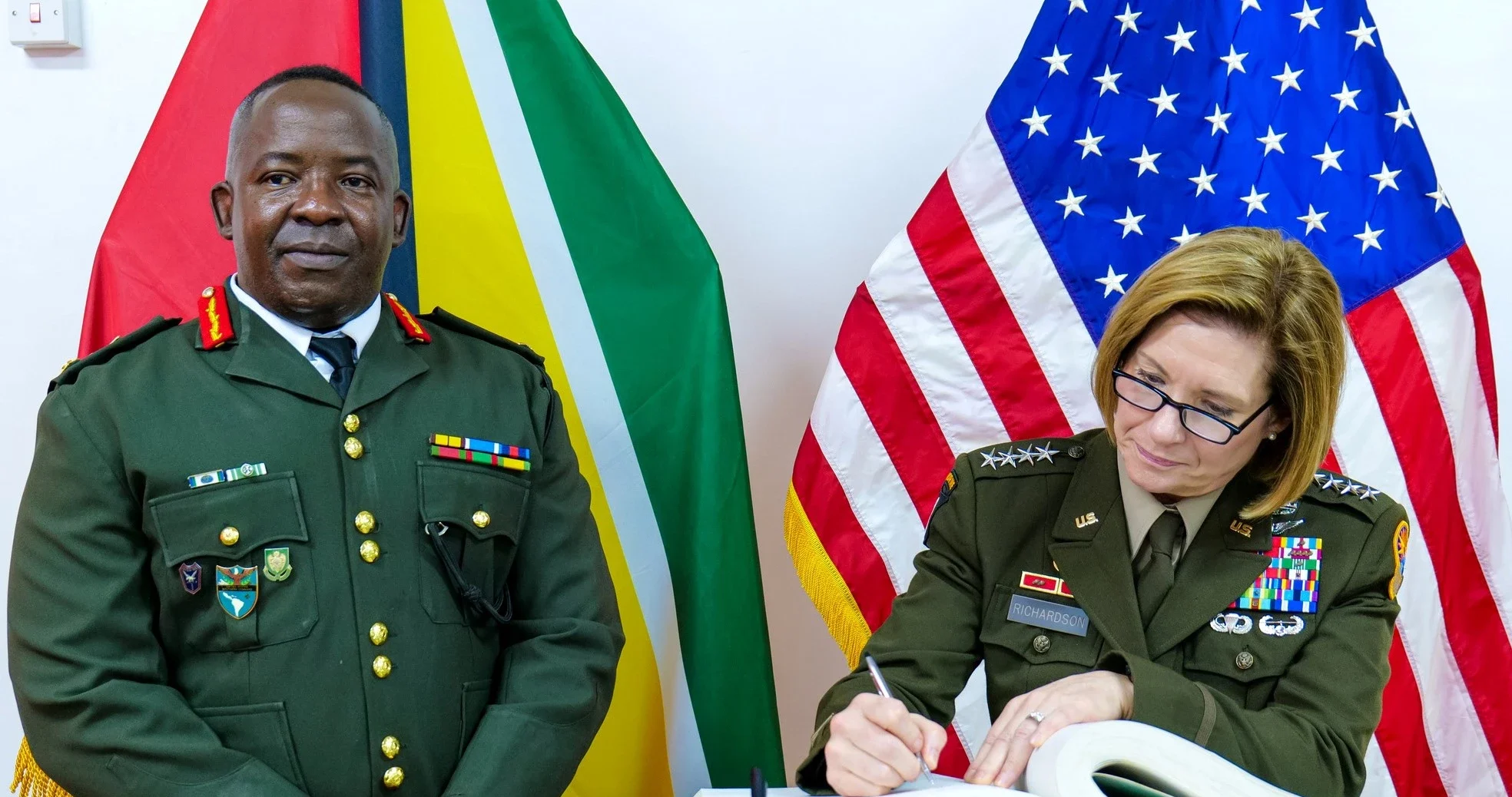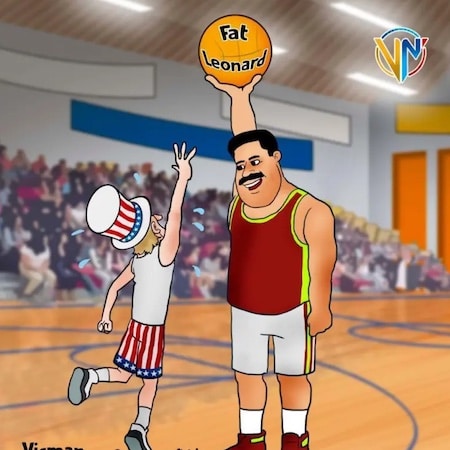A LOOK AT A POSSIBLE REACTIVATION OF TRADE BETWEEN VENEZUELA AND COLOMBIA
Jun 22, 2022 , 3:41 p.m.

It would be necessary to propose a new area of reflection on the possibility of reactivating agreements and instances of cooperation in general in the Latin Caribbean region (Photo: File)
IN THE BEGINNING WAS TRADE
Commerce is one of the oldest activities of humanity. Since ancient times, as a source of mobility and social exchange, it has connected dispersed geographical areas and created bonds of community and integration that resist the waves of the centuries.
It has also been the primary reason for both the rise and fall of large imperial units in the past, and this premise resonates loudly today as the geopolitical and military unrest unfolding in Ukraine, and the West's trade war against Russia, it continues to strangle supply chains, chaotic markets and fuel global inflation.
The links woven around trade leave social traces, geographical ties and common economic trajectories that are much longer lasting than the usual short political-electoral cycles of liberal democracy. It is true that trade has a relationship of co-dependence with power (in our time, that of the State), but it is also valid to affirm that economic relations are much more difficult to reformulate, in temporal terms, than diplomatic relations. or political.
As British international relations specialist Tim Marshall writes, we are prisoners of geography . We are equally involved in trade and its lines of contact, diffusion and social and economic grouping over time.
A good example of this is the economic and commercial relationship between Venezuela and Colombia, which is marked by long-lasting geographic, social and migratory ties that have maintained their validity and self-development after the various changes that have occurred in their border delimitation.
Between 1821 and 1830, after the triumph of the Liberation Army in Boyacá two years earlier, Colombia and Venezuela formed the same political unit, the Republic of Colombia (or "Great Colombia", from the most general imaginary), whose imprint is active in our present to the point of continuing to condition the economic destiny of both nations.
THE COUNTERPOINT OF BOOM AND BUST
Since the 1970s, commercial relations between the two countries have gone through various periods of crisis, stagnation and high dynamism in the exchange of merchandise, goods and services, where, in turn, the historical dynamics of smuggling has remained present. , although with ups and downs in its prominence.
This is what Alejandro Gutiérrez reflects in his research The economic integration between Venezuela and Colombia: Evolution, Balance and Perspectives. For the author, the period between 1973-1982, when Venezuela was effectively integrated into the Andean Pact, marked a booming trend in trade due to the boom experienced by both nations due to the increase in international oil and coffee prices. .
The 1980s were years of stagnation, a product of the freezing of relations brought about by the famous incident with the Caldas corvette and the financial and foreign debt service crisis that hit Venezuela, forcing it to devalue its currency and establish exchange controls. to curb capital flight.
As Gutiérrez reviews, the golden age of open regionalism, of a neoliberal nature, whose development conditioned the cooperation frameworks in the region during the 1990s, revived binational trade after the simplification of tariff barriers and investment restrictions.
The stage of Hugo Chávez and Álvaro Uribe Vélez at the head of both countries, characterized by confrontation and the warmongering tendency of the former Colombian president, resulted in the weakening of binational trade. However, this was not a firm and sustained trend over time.
In 2008, the same year that the assassination of guerrilla fighter Raúl Reyes in Ecuadorian territory by Colombian military forces unleashed a dangerous diplomatic crisis that also encompassed Venezuela, bilateral trade reached a record figure of 7.29 billion dollars.
The road to repairing relations would arrive in 2010 with the meeting of Hugo Chávez and Juan Manuel Santos in Santa Marta, thus initiating a reactivation of commercial exchange damaged by Uribe's offensive against Venezuela between 2009 and 2010.
trade chart come col.jpg
A specialized study in the field of commercial relations published in 2010, under the name Drafts of Economy and directed by María del Pilar Esguerra Umaña, Enrique Montes Uribe, Aaron Garavito Acosta and Carolina Pulido González, reached the conclusion that the The period between 2004 and 2009 represented the stage of greatest growth in binational trade, coinciding with the period of ascending hostility promoted by Uribe.
The implicit key to this paradoxical convergence lies in how trade flows have their own rules, in which the actors involved seek to make their interests prevail within state dynamics.
DUKE'S DESTRUCTIVE LEGACY
According to this thesis, one could think of the reasons why bilateral trade did not follow the same pattern as in previous years during the administration of Iván Duque, especially if one starts from the principle that it was, in terms of harassment and pressure against Venezuela, a continuation of the Uribe legacy.
During the Duque government, a different and exponential conflict environment operated: irregular warfare weapons were combined that covered the entire spectrum of bilateral ties.
This sign influenced each of the vertices of the relationship between the two countries, highlighting, from 2015 onwards, factors such as the instrumentalization of paramilitarism on the border, the destructive use of extraction smuggling, the devaluation of the currency from the money-change mafias from Cúcuta and a string of hybrid attacks that escalated to the point of precipitating an assassination attempt in 2018 and a mercenary invasion trial in 2020.
The shock therapy of unilateral coercive measures since 2015 was both a complement and a catalyst for this process, since the abrupt drop in oil revenues, the closure of financial markets and the isolation of Western bank payment circuits, they eroded the regular and natural channels of import, export and investment between Colombia and Venezuela. This is simply unprecedented. And the quantitative consequences of the previous graph reflect this.
Said summary, by way of simplification, explains the causes of the collapse of binational trade in recent years, as shown in the graph, and the way in which the violation of its basic rules of exchange caused a decline of more than 90% compared to recent years.
In short, trade is an unstoppable force and it was on the basis of this premise that the Duque administration forced a change in the hierarchy of actors and finished products: cross-border social exchange centered on work, pendulum migration and trade ( formal and informal) of goods was overshadowed by income from drug trafficking and paramilitarism, mafia trafficking of Venezuelans seen as cheap labor, and toxic differentials in the exchange sphere.
SLOW RECOMPOSITION
This context of pronounced decline in binational exchange also shows that trade is a space for combat and conflict. The paraeconomic interests on the Colombian side, that mixture of paramilitarism, drug trafficking and land renters that has gained so much space, opted for a path of accumulation by dispossession , following the thesis of the Marxist geographer David Harvey, who ended up failing in his political aspirations.
The circumstantial advantage of these actors caused multiple companies, merchants and exporters to see their operating spaces reduced, in view of the difficulties imposed by the overcompliance with "sanctions" and the closure of maritime, air and especially land trade routes in a context of hostility, increasingly dangerous, from Bogotá.
The gradual opening of the border, coordinated by the Bolivarian Government with authorities from the Department of Norte de Santander in October last year, and later endorsed by Duque in a clear emotional blow to Guaidó, marked the first moment of punctual reversal of the decline in the commercial exchange.
On the other hand, the measures to rationalize the price of gasoline, the flexibility of the exchange market and its translation into the relative stability of the general price system, slowing down the escalation of inflation, contributed to this movement by eliminating the asymmetries that encouraged smuggling at a oversized scale.
Both steps have generated a convergence of criteria with the economic and commercial interests of the Colombian side, whose losses of these years are attributed to the irresponsible policy of Duque. Here, Norte de Santander is key, a region where 90% of its exports are destined for Venezuela, as it is its natural market.
The border reopening has given way to a slow recomposition of the commercial exchange between both countries. According to recent measurements by the Colombo-Venezuelan Chamber, supported by official DANE figures, binational trade between January and March of the current year was 123.7 million dollars, which represents an increase of 140% with respect to same period in 2021.
Colombian exports, according to these measurements in the same already mentioned, were located at 109.1 million dollars, a growth of 113%. On the other hand, Venezuela exported to Colombia goods and merchandise worth 14 million dollars, certifying an increase of 25% compared to last year.
In Venezuelan exports, organic chemical products, products derived from aluminum and various manufactures stood out. In those of Colombia, food, beverages and tobacco, plastic materials and chemical products occupied a central place, following the pattern of exchange items of the years prior to the international economic blockade.
According to figures from DANE, the commercial exchange, with a favorable surplus for Colombia as it has been during the extensive record of the binational economic relationship, closed at 331 million dollars.
The result might seem very small compared to the values of previous years, but if it is observed from the point of view that in 2020 the exchange was in the order of 100 million dollars, the increase is significant and gives rise to think that recovery is in sight.
EFFECTS AND IMPACTS
Since last year, Colombian businessmen have been reflecting concern about payment channels between companies, in an indirect reference to overcompliance with coercive measures. Javier Díaz, president of Analdex, a group of Colombian exporters, referred to this issue as one of the main obstacles to restoring the dynamism of the bilateral relationship.
Given the victory of Gustavo Petro and Francia Márquez in the second round of elections on June 19, and the eventual repair of the bilateral relationship, first at the diplomatic level, trade shows a firm trend towards progressive recovery according to previous data.
This is of cardinal importance related to the context of economic reactivation that Venezuela is going through. An increase in binational exchange, in addition to favoring local consumption and production, has the added benefit of serving as a means of oxygenation and relief from external economic pressures through trade, taking advantage of the obvious reduction in transportation costs, direct access to raw materials and foreign currency income in areas other than oil.
There are multiple consolidation factors that an increase in trade could bring to the cycle of economic recovery in Venezuela. The industrial zone of Ureña , Táchira state, stands out, oriented to metalworking and manufacturing, where the increase in binational trade can increase employment opportunities, tax collection, promote an expansion of consumption and production with a view to exporting to Colombia and disable migration incentives for economic reasons.
This "Urena effect" could spread to the rest of Táchira's parks and industrial zones, six in all, giving the state's textile and manufacturing production an outlet through Colombia's natural and captive market.
THE ROUTE TO FOLLOW FOR PETRO
It is well known that Petro faces an adverse composition in both chambers of Congress after the elections, a fact that will very possibly limit his structural package of reforms and also the reformulation of relations with Venezuela beyond the strictly diplomatic.
The new president, in this context, will try to raise as little noise as possible so that the opposition bloc does not use its reparation steps with Venezuela as a missile to stop its programmatic advances.
However, binational trade can provide a solution, since the convergence of interests of economic actors on both sides of the border offers an area to create consent and support in the rapprochement with Venezuela, avoiding going through political assessments.
Petro has a good window of opportunity to present the comprehensive repair of relations with Venezuela from the practical benefits that reactivating and deepening commercial exchange will bring, and not from ideological vertices.
This has a positive meaning for Venezuela, since it would be opening a new crack in the US economic blockade and finding a complementary consolidation route for its cycle of economic reactivation.
https://misionverdad.com/globalistan/co ... n-regional
I don't think Petro is much of a leftists, but if he puts some distance between Columbia and imperial policy we must count that as a win. We should know pretty soon.
INTERVIEW OF THE VENEZUELAN PRESIDENT WITH AN IRANIAN MEDIA
MADURO: "VENEZUELA IS ALSO PART OF THE AXIS OF RESISTANCE"
Jun 20, 2022 , 4:55 p.m.

Interview granted exclusively to khamenei.ir by Nicolás Maduro, president of Venezuela (Photo: Khamenei.ir)
During the Eurasian tour of President Nicolás Maduro there were several meetings with national leaders from different countries, highlighting his personal conversation with the Iranian leader Ayatollah Ali Khamenei. After this meeting, the press team of the political-religious leader of the Islamic Republic held a brief interview with the Venezuelan president, which we reproduce below in its entirety, which can also be read in the Spanish section of the Khamenei website. go .
The interview takes place in an opinion tone and touches on some relevant issues such as Iranian-Venezuelan relations, the role of Israeli Zionism in the regime change operations against Venezuela and the neoliberal imperialism of the 21st century versus the projects of resistance and alternatives. systemic.
In his recent meeting with the leader of the Islamic Revolution, Ayatollah Khamenei highlighted the close relations between Iran and Venezuela. What do you think about this important phrase?
Well, that Iran and Venezuela have built since 2001, since Commander Hugo Chávez's first visit, an exemplary relationship from the political, diplomatic, moral, and spiritual point of view. And from the point of view of the cooperation issues that we carry out, this exemplary relationship is expressed in the visit I have made, where we have had great successes; that is why the ayatollah is right when he says that the relations we have with each other are exclusive, they are extraordinary.
In the same meeting, you stated that the Zionist regime is constantly plotting against Venezuela through Mossad. Can you explain a bit about the details of those conspiracies?
Yes, unfortunately imperialism and Zionism conspire and have conspired against the progressive processes of revolutionary change in Latin America and the Caribbean, especially against the Bolivarian Revolution, because we are an alternative of truth, justice, freedom, democracy and the realization of fully human projects for Latin America and the Caribbean and, furthermore, because we have a firm position of solidarity and support for the people of Palestine, for the historical rights of the people of Palestine, for the Palestinian Resistance. Our support is firm, unique and will continue to be that way from here on out.
What role have General Soleimani and the Quds Force had in consolidating relations between Venezuela and Iran in recent years?
I met General Soleimaní in March and April 2019. He went to Venezuela at a time when we were suffering cyberattacks against the electricity service, attacks that were being carried out from the territory of the United States of America. Immediately… I didn't really know. I didn't know him, I didn't know how great he was, but the conversation I had with him was very harmonious. It was a conversation where we reviewed all the topics. And he immediately offered the support of the Iranian experts, and two or three days later the Iranian experts were in Venezuela to recover the electrical service.
Ayatollah Khamenei is convinced that if the prophet Jesus Christ were among us today, he would not waste a single moment in the fight against the leaders of global injustice and arrogance. What do you think? What would Jesus Christ do if he were among us?
We are practicing Christians, Christians in thought, in prayer and Christians in action. And Christ came to this world to confront the empires, confront the Roman empires. He put his life first. He sacrificed his life to the Roman empire. If we claim something from Christianity, it is its anti-imperialist character and its character of truth and justice against the oppressors. I have no doubt that if Jesus Christ were among us, he would be in the forefront of the fight against imperialism, colonialism and against all forms of oppression.
His Excellency has held multiple meetings with Ayatollah Khamenei throughout his Presidency. Do you have any anecdote from those meetings that has not been published?
Well, I always admire the memory of Ayatollah Khamenei. He truly has memories these days. In the conversation we had, he recalled some conversations he had with Commander Chavez, when Commander Chavez told him some anecdotes with Commander Fidel Castro, with Cuba. On one occasion there was a hurricane that went directly to Cuba, a type 5 hurricane, and Fidel and Chávez spoke. The Ayatollah remembered this, Chavez told him, what I am telling you. And Fidel told Chávez: «Well, Chávez, what you have to do is pray. Pray for us!” And Chavez began to pray and the day passed and the hurricane was diverted. He did not pass through Cuba. Then Chavez called Fidel and told him: "Well, a miracle!" And then Fidel replied: "Yes, because God helps Chavez and his friends." The Ayatollah recalled this in the last conversation we had in a friendly manner, in an affectionate manner, remembering Commander Chavez, Commander Fidel Castro. Truly, the conversations with the Ayatollah are full of spirituality and wisdom. He loves the people of Venezuela, he loves the cause of the peoples and he always gives us very good ideas and very good recommendations.
How would you define the Axis of Resistance and which countries do you consider to be covered by this axis?
The Axis of Resistance is all over the world. It is in Africa, it is in Asia, in the Middle East, it is in Latin America and the Caribbean, and they are joined by the peoples who fight against neoliberalism, against racism, who fight against the different forms of colonialism, political colonialism, economic colonialism , cultural colonialism or digital colonialism, which is what is developing now through social networks.
Digital, cultural colonialism… all of us who fight against colonialism, all of us who fight for the decolonization of the mind and of our peoples are part of the Axis of Resistance against the imperial ways of trying to impose hegemony in the world. The 21st century is our century. It is the century of the union of peoples, of the liberation of peoples. It is the century of justice and truth. The empires are in a phase of decline, and the projects of the peoples for happiness, development and greatness are just beginning. This is our century.
https://misionverdad.com/entrevistas/ma ... esistencia
Google Translator.


